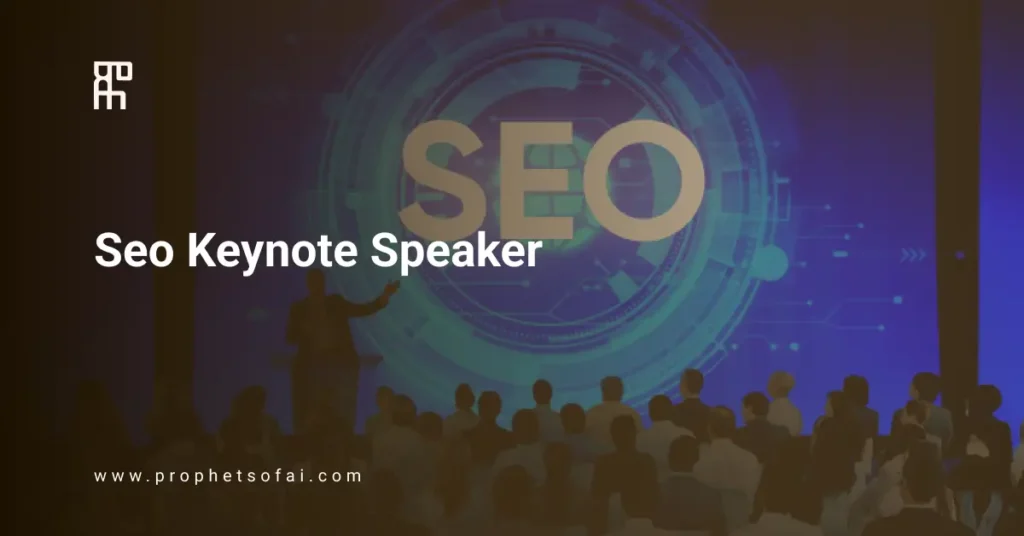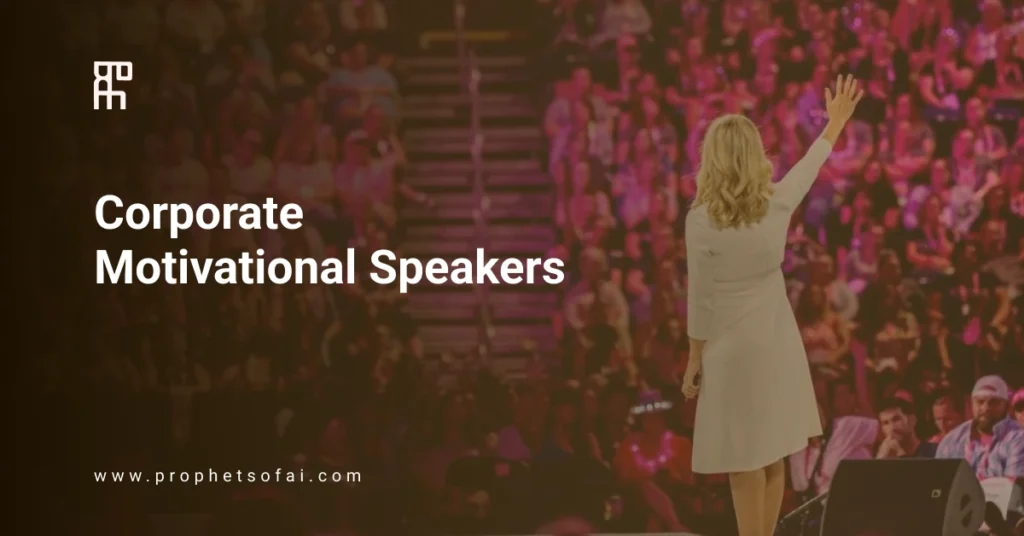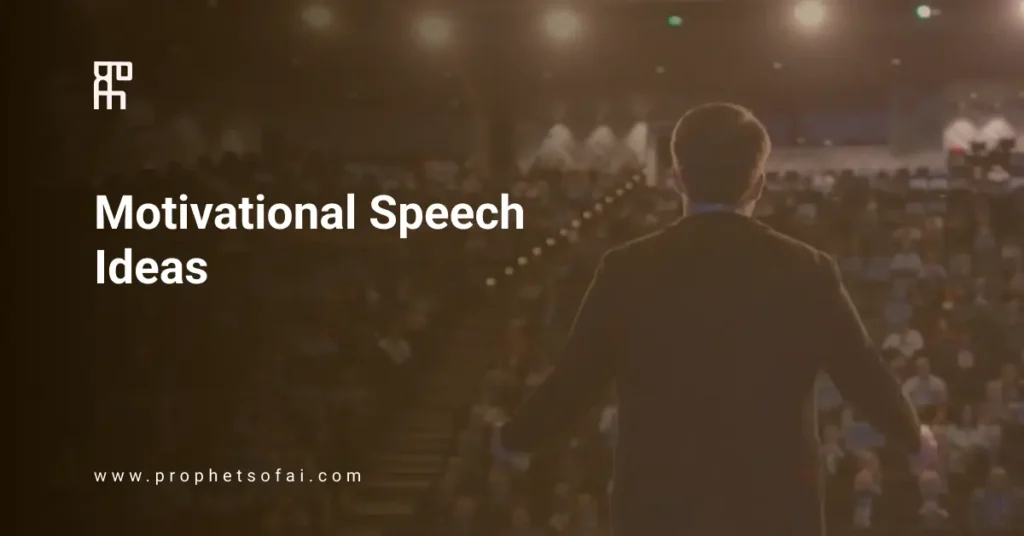Negotiating keynote speaker fees feels uncomfortable for many event planners, but it’s standard practice that professional speakers expect and respect. The goal isn’t simply cutting costs—it’s achieving the best value for your budget without compromising speaker quality or damaging the working relationship. Successful negotiation focuses on creative value exchanges rather than aggressive fee reductions. This guide covers essential preparation steps, what’s actually negotiable, proven strategies that work, common mistakes that backfire, and when walking away or paying full price makes more sense than negotiating.
Preparation: Know Before You Negotiate
Entering negotiations unprepared weakens your position and wastes everyone’s time. Start by determining your complete budget, not just the speaking fee. Account for travel expenses (airfare, ground transportation), accommodation costs, per diem allowances, technical equipment needs, and any hidden costs like recording fees or promotional materials. Establish both your maximum spend and your absolute bottom-line number.
Research market rates for your desired speaker’s tier and experience level. Entry-level speakers typically charge $1,500-$5,000, mid-range professionals $5,000-$15,000, and established experts $15,000-$50,000+. Understanding these benchmarks prevents unrealistic expectations and provides credible reference points during discussions.
Clarify what you actually need versus what would be nice to have. Required services justify higher fees, while optional add-ons become negotiation leverage. Finally, timing dramatically impacts negotiation power. Starting discussions 6-12 months before your event gives you maximum leverage. Understanding how far in advance should you book a keynote speaker helps you plan negotiations strategically. Last-minute bookings eliminate negotiation options entirely—you’ll accept whatever terms available speakers offer.
What’s Negotiable and What’s Not
Understanding negotiation boundaries prevents wasted effort and awkward conversations.
Usually negotiable items: Speaking fees themselves, especially for non-profit organizations, multiple bookings, or off-peak dates. Travel class preferences (business versus first class). Additional services beyond the core presentation. Payment terms and schedules (deposits, timing). Level of content customization. Pre-event and post-event support commitments.
Rarely negotiable items: Core quality and expertise—you get what you pay for. Preparation time requirements for proper customization. Professional standards and presentation excellence. Minimum technical requirements for successful delivery. Contract protection clauses safeguarding both parties.
Value-add alternatives better than fee reductions: Instead of simply cutting the speaker’s fee, negotiate bundled services that increase overall value. Include a breakout session or workshop alongside the keynote. Add extended Q&A, panel participation, or fireside chat. Request VIP dinner attendance or meet-and-greet opportunities. Negotiate book signing sessions or back-of-room product sales. Secure video recording rights for internal use or training. Ask for social media promotion before and after the event. Request participation in testimonials or case studies.
These value exchanges benefit both parties more than simple fee cuts that may reduce speaker motivation and preparation effort.
Effective Negotiation Strategies
Start with transparency: Open honest conversations lead to creative solutions. Begin with “Our budget is X. Can we make this work?” Professional speakers appreciate direct communication and often respond with flexible alternatives. Transparency builds trust and establishes collaborative problem-solving from the start.
Focus on mutual value beyond money: What benefits does the speaker gain from your event? High-profile audience exposure, networking with industry leaders, alignment with causes they support, or access to potential consulting clients all add non-monetary value. Mission-driven organizations and non-profits often receive discounted rates because speakers value the cause.
Bundle services for better rates: Negotiate package deals including multiple presentations at the same event, commitment to recurring annual engagements, or recommendations to sister organizations. Bundling provides speakers with more revenue and reduces your per-presentation cost.
Consider cost-saving alternatives: Local speakers eliminate expensive travel logistics. Virtual presentations typically cost 20-50% less than in-person appearances. Emerging speakers with lower fees often deliver exceptional quality while building their portfolios. Date flexibility can capture off-peak pricing during summer or post-holiday periods when speaker calendars have gaps.
Leverage strategic timing: Off-season dates and calendar gaps offer negotiation opportunities. Speakers prefer confirmed bookings to empty calendar slots, creating win-win scenarios when you can help fill their schedule.
Common Mistakes to Avoid
Mistake 1: Only focusing on fee reduction. Aggressively cutting fees diminishes value perception and may reduce speaker preparation effort. Instead of demanding lower prices, add services and value to justify the investment.
Mistake 2: Negotiating too aggressively. Disrespectful or hostile negotiation tactics damage relationships before they start. Professional speakers remember poor treatment and may deliver minimal effort or decline future opportunities. Approach negotiations collaboratively, not adversarially.
Mistake 3: Waiting until the last minute. Late negotiations eliminate all leverage. With tight timelines, you’re forced to accept any available speaker’s terms without room for discussion or alternatives. Start early or lose negotiation power completely.
Mistake 4: Not documenting agreements in writing. Verbal agreements create disputes about what’s included, excluded, or promised. Ambiguity about deliverables, costs, and expectations leads to disappointment and conflict. Get every negotiated term in the signed contract.
Mistake 5: Ignoring speaker value and ROI. Choosing the cheapest speaker often delivers cheap results. A $5,000 speaker who transforms your audience provides better ROI than a $2,000 speaker who disappoints them. What makes a good keynote speaker? Quality and value matter more than cost savings alone. Consider long-term value, not just immediate cost savings.
When NOT to Negotiate
Sometimes paying the quoted fee makes more strategic sense than negotiating.
Don’t negotiate if: The speaker’s standard rate fits comfortably within your budget. You’re already receiving fair value for the investment. The speaker explicitly states fees are non-negotiable. Your event timing, location, or requirements are particularly challenging. You’re requesting extensive customization and preparation. High-stakes events where quality is absolutely paramount and failure isn’t an option.
Strategic reasons to pay full price: Establishes positive relationships for future annual bookings. Demonstrates respect for the speaker’s expertise and professionalism. Ensures maximum effort, preparation, and enthusiasm. Builds your organization’s reputation as a fair, desirable client that top speakers want to work with.
Negotiating everything sends the wrong message. Sometimes the smartest investment is paying what quality speakers are worth.
Red Flags During Negotiations
Watch for warning signs that predict problems ahead.
Speaker immediately agrees to massive discounts without discussion or pushback raises quality concerns. Professional speakers know their worth and don’t dramatically undervalue themselves. Huge discounts may indicate desperation, inexperience, or inability to deliver promised quality.
Defensive or hostile responses to reasonable budget discussions signal difficult working relationships ahead. Professional speakers handle negotiations calmly and collaboratively, not defensively or aggressively.
Unwillingness to clarify what’s included in the quoted fee suggests hidden costs will appear later. Transparent speakers provide detailed breakdowns upfront.
Vague answers about deliverables and outcomes indicate lack of preparation or unclear value proposition. Professional speakers articulate specific takeaways and benefits confidently.
Pressure tactics or artificial urgency like “book now or lose this rate” manipulate rather than negotiate professionally. Quality speakers don’t need manipulation—their value speaks for itself.
Professional speakers negotiate professionally. Poor behavior during negotiations predicts poor performance during your event. Trust these red flags and walk away when they appear.
Conclusion
Effective keynote speaker negotiation balances budget constraints with quality and value. Success comes from thorough preparation, transparent communication, and focusing on creative value exchanges rather than aggressive fee reductions. Professional speakers expect negotiations and respect well-prepared clients who approach discussions collaboratively. Avoid common mistakes like last-minute timing, fee-only focus, and failing to document agreements. Remember that sometimes paying full price for the right speaker delivers better ROI than settling for discounted alternatives. If negotiation feels overwhelming, consider why work with a speakers bureau—they handle negotiations professionally on your behalf at no additional cost.
Prophets of AI provides transparent, fair pricing for our expert AI and technology keynote speakers. We work collaboratively within your budget to maximize value without compromising quality. Our team handles negotiations professionally, ensuring clear agreements and exceptional results. Visit Prophets of AI to experience straightforward, respectful speaker negotiations that benefit everyone involved.





